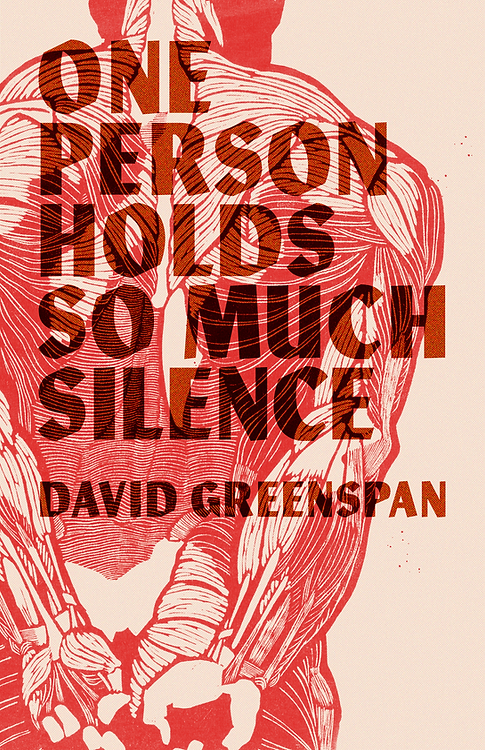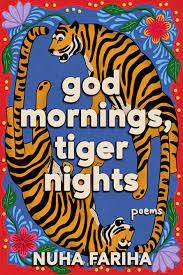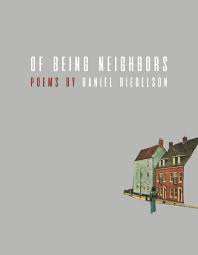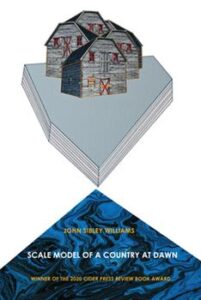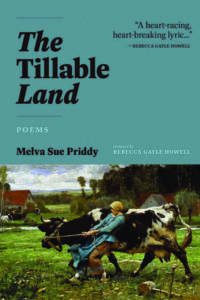Reviewed by María Castro Dominguez | April 19, 2022
Driftwood Press, 2022
Paperback, 80 pages, $14.99
One Person Holds So Much Silence is an eye-ear-mind-kicking collection of nineteen poems divided into three sections: a body of poems that become disembodied and subsequently embodied by the reader who succumbs into its magnetic enchantment. As if following Roland Barthes’s maxim in his essay The Death of the Author: the author dies, and we, its readers, become active participants in the creation of the poems’ meaning, not passive onlookers.
What struck me first was the title of this fascinating collection, which represents a paradox: how can silence “hold so much”? This concept runs throughout its beautiful, deep, and many times unsettling poems. Its poems don’t provide us with a placid closure but with open-ended images that linger haunting our minds.
The other day a student of mine asserted that music had overtaken poetry today. Even though I don’t agree with this, I can understand that immediacy is more prevalent in music, requiring no filter like the knowledge of a language, hence more accessible. Nevertheless, with One Person Holds So Much Silence Greenspan gives us direct access to the speaker’s world-mind-scape; in other words—and as T.S. Eliot said: Genuine poetry can communicate before it is understood—his poems communicate on the first reading. He not only offers us a variety of assorted views of self, love of humanity, neighbors, friends, family, absent family, pain and self-inflicted pain, grief, and end of a life span; he also gives us an incredible play of silences, present in the blank spaces, which speak “audibly” to us.
The reader becomes deeply aware of their own mortality, linked with loss and death and surprisingly aware of the preciousness of life in the poems’ significant “absences.” Thus, the body becomes vividly embodied, larger, more ex-tense and grander than ever before.
The suggestion of a body as a place or a place as body is present already in the first poems; the second poem of the collection, “An incomplete history of,” depicts for example “that field/ creatured that / house throated,” where field and house become active bodily parts. The lines are short and the numerous enjambs speed up the pace to its final conclusion, “until then please / spit in & around my mouth.”
“The Body Itself Crude & Chanted’s” first poignant stanza is brimming with unexpected and stunning wordplay, interweaving in extraordinary, imaginative ways. The last stanza gives us a new mirror-look at ourselves: “If I am looking / spidered sick / then who. is watching / this toothache / of self this bruise / through curtains.”
The poem “Where are the worms in my mouth brother in your mouth” subverts the traditional choreography of an interview. Both speakers end up mimicking each other until they become just one voice, sometimes not even providing questions or answers. By using devices such as repetition and alliteration (i.e., the repetition of release in its first stanza; zipper, unzipped and blood in its last line and the alliteration of capillaries and caterpillar etc.) its rhythm is spellbinding throughout.
“A Poem to Pass the Time” is the last of the collection. Its lack of punction and sharp, pithy lines, populated by friends, a rabbit, a neighbor downstairs, cousins Emma and Georgia, and a father, make this urgent monologue intense, giving us a sense of the speaker’s aliveness and proximity as well as suggesting the flip side of life, death. In the same way, “Poem for a god of my own understanding” reflects on and questions life (“why I was born”) if it can “spill effortless” from our bodies? Which ties again with part three of “Triptych for Our Ordinary Lives” which takes us back to the memory of life in the bones of the dead where the speaker says, “we have no answers.”
I could go on finding treasures in David Greenspan’s poems forever, but I’ll leave it now with the readers who will discover themselves and others in his challenging and masterful book. And what could be a better way to end this review but with the speaker’s original voice: “I’ll stand still after / the body’s inaccurate weather”; which tells us, and about the collection as a whole, that amid the body’s temporality stands its unpredictability and transcendence.
ABOUT THE AUTHOR
David Greenspan is a PhD candidate at the University of Southern Mississippi. He earned an MFA in Poetry from UMass Amherst. One Person Holds So Much Silence is his first book.
ABOUT THE REVIEWER
María Castro Dominguez is the author of A Face in The Crowd, her Erbacce–press winning collection, and Ten Truths from Wonderland (Hedgehog Poetry Press), a collaboration with Matt Duggan. She received third prize in Brittle Star´s Poetry Competition and was a finalist in the Stephen A DiBiase Poetry contest. Her poems have appeared in many journals and anthologies.


